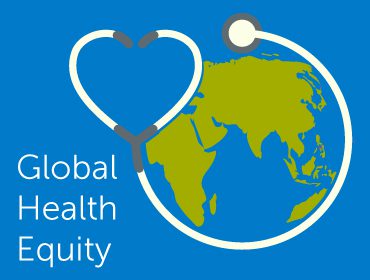
Global Health Equity Week (#HealthEquity), Oct. 23-27, recognizes the power of information and technology to improve access to healthcare for all communities.
The 2023 focus includes five areas:
- Chronic disease management
- Digital health literacy, inclusion, and access
- Maternal health
- Substance use and behavioral health
- Workforce inclusion
As a health data solutions innovator, our team supports health equity through our commitment to developing and evolving solutions for digital health information integration.
The World Health Organization defines digital health literacy as:
The ability to seek, find, understand, and appraise health information from electronic sources and apply the knowledge gained to address or solve a health problem.
This definition is part of WHO’s Global Strategy on Digital Health 2020-2025 which emphasizes the importance of integrating financial, organizational, and clinical resources through digital health solutions.
A few examples of our work in the digital health space includes:
- Long-term access to records with our HealthData Platform™, a secure infrastructure that provides cloud-hosted accessibility to patient, employee, and business records for healthcare delivery organizations. This is important because over time as EHRs are replaced, records must be retained to meet clinical, legal, and business requirements. This solution supports storage, workflows, transactions, and interoperability to help IT, HIM, legal and business teams continue to function. There are many options for record storage within the Platform that all work together to keep records secure and accessible long term.
- Single Sign-On. Is an essential tool that seamlessly connects users to a patient’s historical record stored in the active archive, HealthData Archiver®from within the patient’s current medical record in the active EHR. With one click, the user has immediate in-context access and improved workflows that save time and increase efficiencies.
- Records Release Services. Provides release of information services for healthcare providers facing closures or M&A. Our team can provide a complete and secure option to ensure record retention regulations continue to be met. We can extract data from legacy systems, store the records in an active archive, provide a website for requestors, manage the records release and maintain an audit trail.
- Secure Record Delivery. Directly supports the 21st Century Cures Act with the ability to transmit a patient’s historical record from within HealthData Archiver® to an EHR endpoint. This could include a patient portal which would allow patients to access their historical record.
We believe inclusive digital healthcare experiences are essential for ensuring equitable and accessible healthcare services for all individuals. Our team is committed to continue to develop solutions for lifecycle data management that help strengthen care delivery and improve lives.
Are you looking for a partner to help advance your lifecycle data management program?
We are ready.






